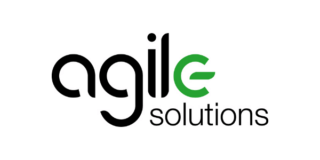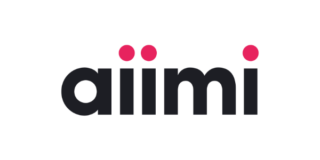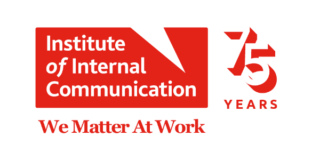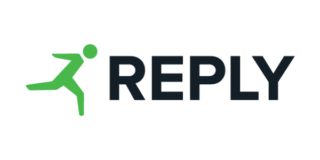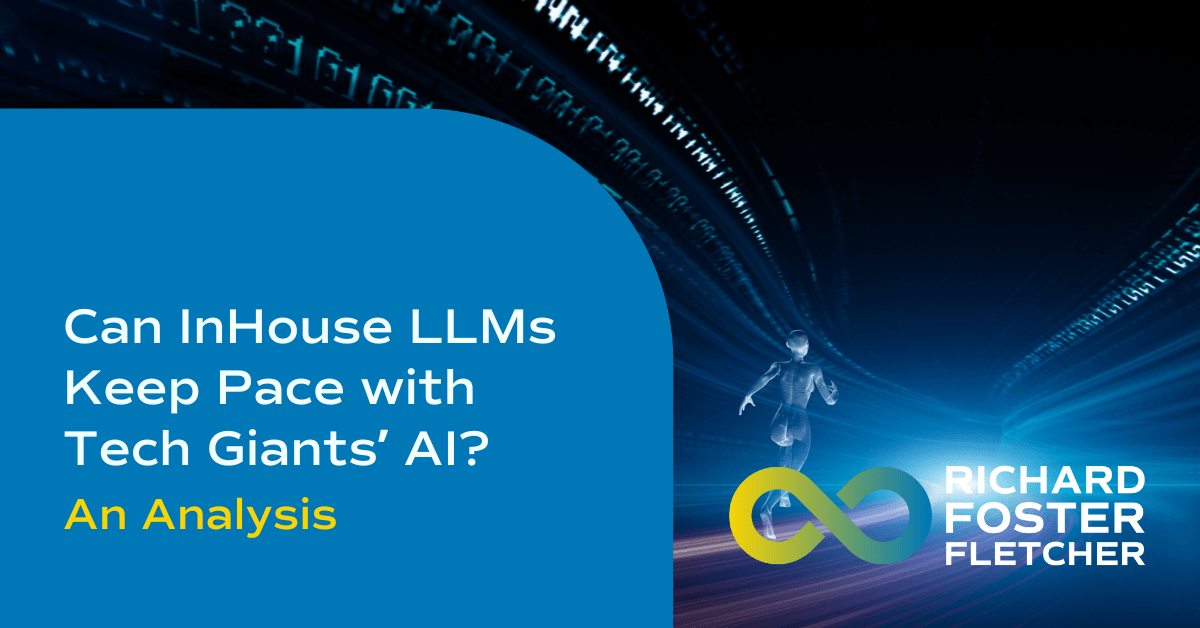
Can In-House LLMs Keep Pace with Tech Giants’ AI? An Analysis

The race to integrate advanced artificial intelligence (AI) into business operations has intensified, with major corporations like J.P. Morgan opting to develop their own large language models (LLMs) rather than partnering with established AI firms. This strategy raises a critical question: Can in-house LLMs truly compete with the rapid advancements made by specialized AI companies?
J.P. Morgan’s AI Ambitions
J.P. Morgan has demonstrated its commitment to AI development by allocating $17 billion to technology spending in 2024. This substantial investment, coupled with a team of approximately 2,000 AI/ML experts and data scientists, showcases the bank’s determination to lead in financial technology innovation.
The bank’s decision to develop its own LLM stems from concerns over data security and intellectual property protection. By keeping AI development in-house, J.P. Morgan aims to maintain strict control over sensitive financial data and ensure compliance with regulatory standards.
OpenAI’s Focused Expertise
In contrast, OpenAI, despite its smaller team, has achieved remarkable breakthroughs in AI technology. The company’s singular focus on AI research and development has resulted in the creation of ChatGPT, one of the most advanced AI systems available.
OpenAI’s dedicated approach allows for rapid innovation and continuous improvement of their models. This focused expertise presents a significant challenge for corporations attempting to match the pace of AI advancement through in-house development.
The Innovation Gap
The primary challenge for companies like J.P. Morgan lies in maintaining the relentless pace of innovation set by specialized AI firms. Tech giants and AI-focused companies frequently release updated models with improved capabilities, making it difficult for in-house teams to keep up despite substantial financial resources.
For instance, Meta’s recent release of Llama 3.1, an open-source AI model claiming to outperform ChatGPT on several benchmarks, demonstrates the rapid progress in the field. This constant evolution of AI technology raises questions about the long-term viability of in-house LLM development for non-tech corporations.
Strategic Considerations
The decision between developing in-house AI solutions and partnering with tech giants ultimately depends on a careful assessment of risks, resources, and long-term goals. While J.P. Morgan’s substantial investment in technology positions it well to develop competitive LLMs, the ongoing challenge of matching the innovation pace set by specialized AI companies remains.
Business leaders must weigh the benefits of maintaining control over data and AI development against the risk of falling behind in technological capabilities. The rapid advancements in AI technology suggest that even well-resourced corporations may struggle to keep pace with dedicated AI firms in the long run.
Questions we are left with
As the AI landscape continues to evolve, the question of whether in-house LLMs can truly compete with those developed by specialized AI companies becomes increasingly relevant. The financial sector’s heavy investment in AI underscores its transformative potential but also highlights the challenges of keeping pace with rapid technological advancements.
Ultimately, corporations may need to consider a hybrid approach, balancing internal innovation with strategic partnerships to leverage the best of both worlds. As AI integration becomes increasingly crucial for business success, the choices made today will shape the future of AI in corporate environments, emphasizing the need for a carefully considered and adaptable strategy.
Sources:
- J.P. Morgan Technology Spending: https://www.jpmorgan.com/content/dam/jpm/corporate/investor-relations/documents/quarterly-earnings/2023/4th-quarter/4q23-earnings-presentation.pdf
- J.P. Morgan AI Initiatives: https://www.jpmorgan.com/technology/artificial-intelligence
- J.P. Morgan and ChatGPT Use: https://www.reuters.com/technology/jpmorgan-restricts-chatgpt-use-employees-2023-05-25/
- OpenAI Research: https://openai.com/research
- Meta Llama 3.1 Release: https://arxiv.org/abs/2303.08774
- Meta’s AI Blog: https://ai.meta.com/blog/llama-3-state-of-the-art-open-source-ai-model/











